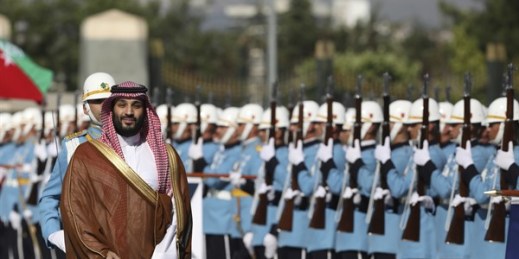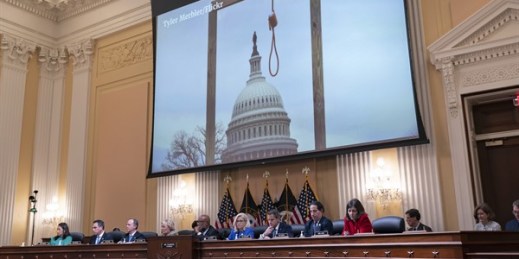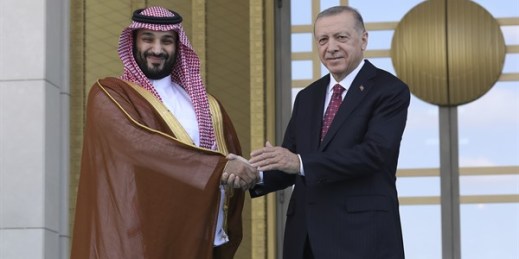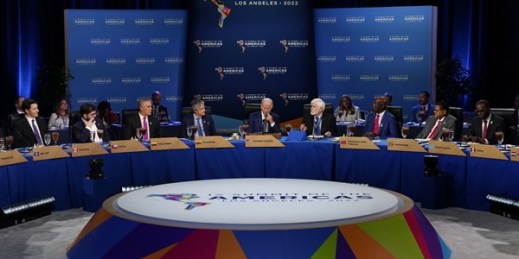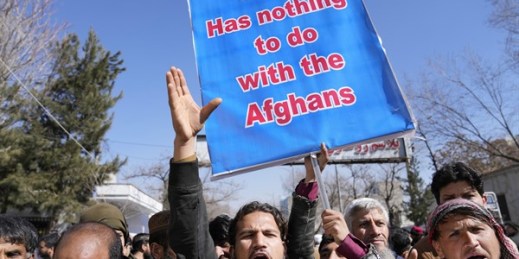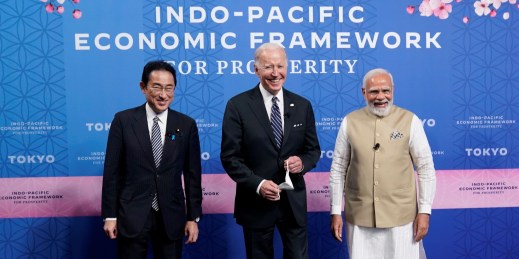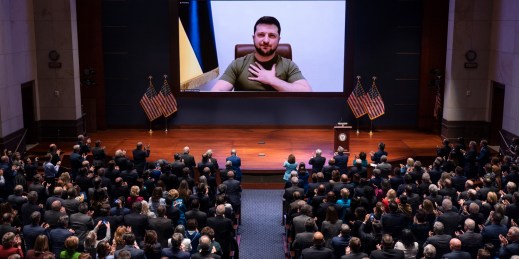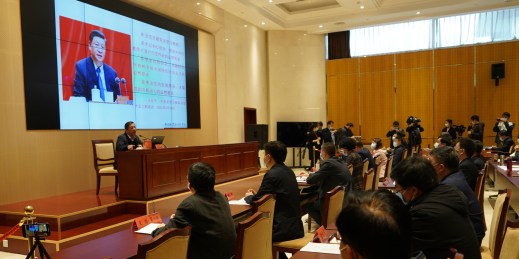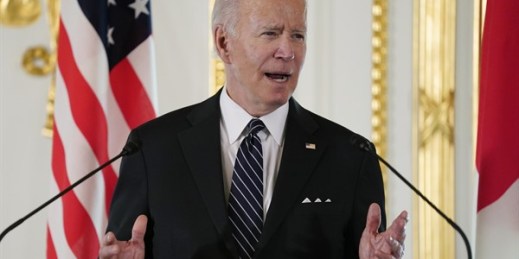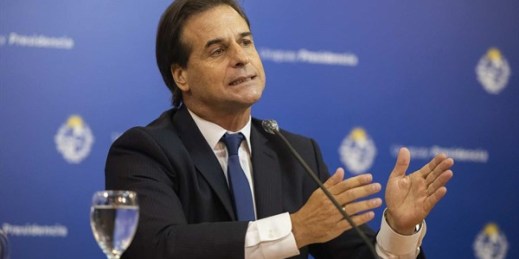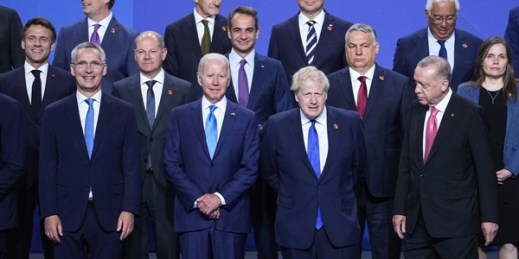
NATO leaders gathered this week at a summit in Madrid to adopt a New Strategic Concept, a framework that sets out the alliance’s core priorities for the next decade. But the Madrid gathering was in other ways historic, ushering in further expansion of the alliance after Turkey lifted its veto of Sweden’s and Finland’s membership bids. The U.S. also pledged to deploy more troops, warplanes and naval vessels as part of the alliance’s largest military buildup since the Cold War, in response to Russia’s invasion of Ukraine. The ramifications of the summit will be most obvious on NATO’s eastern flank, with […]


